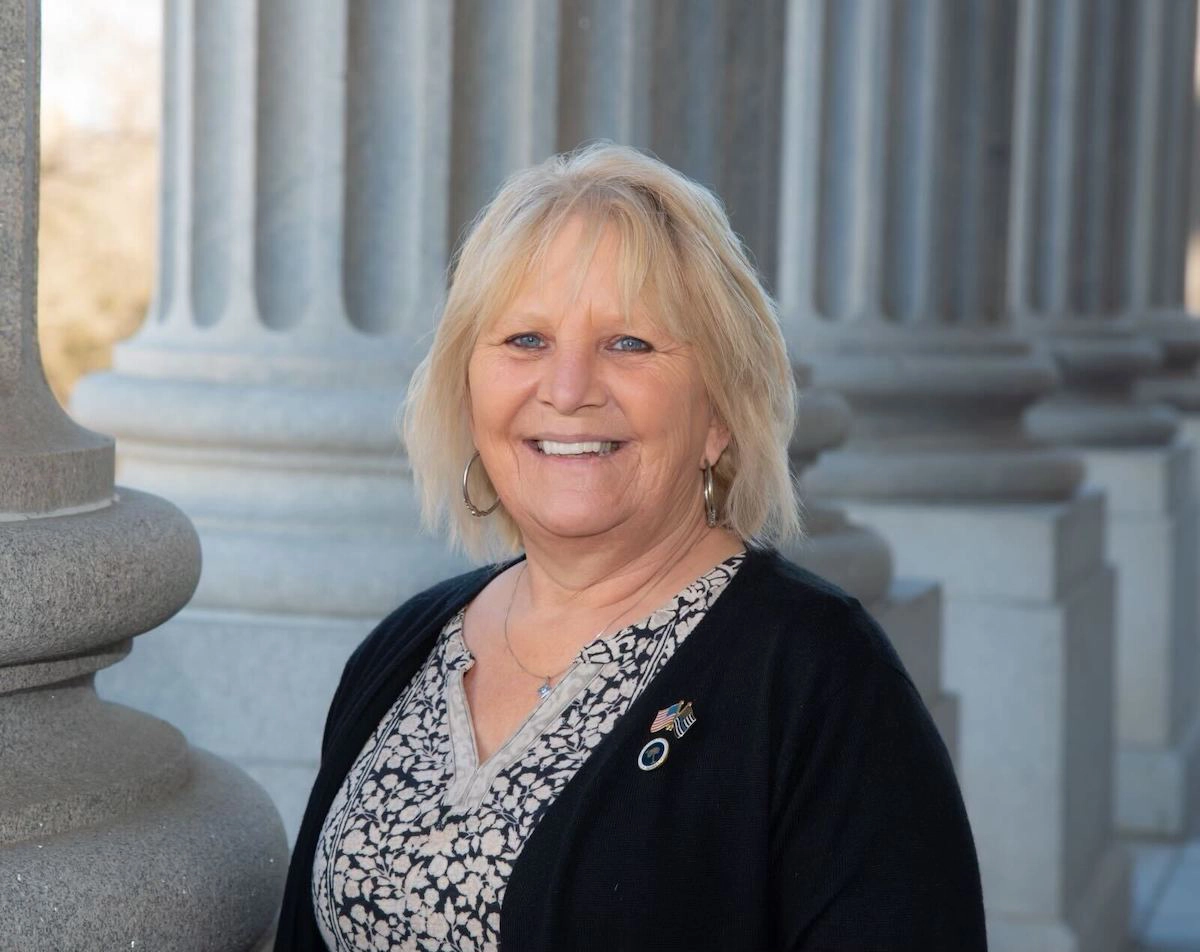Rural citizens who already lack access to healthcare are hit especially hard
By Sandy McGarry
We have a rural health problem.
Americans living in rural areas lack sufficient healthcare access and financial security. Thus, they suffer disproportionately from high blood pressure, high cholesterol, hypertension, obesity, depressive disorder, and many other chronic diseases that affect their quality of life and longevity.
As a result, rural Americans suffer far poorer health outcomes than their urban counterparts.
America’s rural health disparities disproportionately affect South Carolina. Over 30% of South Carolinians live in rural communities, and 6 in 10 South Carolinians suffer from one or more chronic illnesses.
This has dire consequences. In 2020, cardiovascular disease accounted for 25% of all deaths in South Carolina, the leading cause of death taking more than 15,000 lives. South Carolina’s epidemic of chronic illness holds many of its residents back from living long, healthy, happy lives.
Something must be done.
South Carolina’s rural communities have limited access to healthcare, especially prescription drugs.
For instance, South Carolinians often discover that they cannot afford the drugs they need upon arrival at the pharmacy. Medications necessary to treat the ever-prevalent chronic illnesses plaguing South Carolina — like diabetes, cancer, and asthma — can cost hundreds of thousands of dollars per year. Even getting tested for these chronic conditions proves challenging, as the cost of lab work prohibits many South Carolinians from even receiving the proper diagnoses.
The cause of high drug prices can be placed squarely on one thing: Big Pharma.
America’s largest pharmaceutical companies have captured complete market power, unfairly creating an oligopoly with profit margins similar to Gilded Age robber barons.
Even worse, these companies either blame pharmacies and insurance companies or tell the American people that high drug prices are an unchangeable fact of American life. Big Pharma’s deep pockets allow them to spread these fallacies while South Carolinians hand over huge portions of their income just to stay alive. Rural communities in South Carolina are among the people who are hurt the most.
To keep prices high, Big Pharma exploits legal loopholes to hijack patent and regulation systems.
Whenever a pharmaceutical company develops a new drug, the government grants them a patent, allowing them to enjoy market exclusivity without competition. This way, companies are incentivized to fund the development of innovative treatments. However, Big Pharma deploys unethical tactics to prolong their patents and keep less-expensive competitors off the market.
One such tactic is “product hopping,” which entails slightly altering a drug to obtain a new patent and switching patients away from the previous version.
Another tactic is “pay-for-delay,” which entails Big Pharma paying smaller companies to keep their product off the market.
Product hopping and pay-for-delay eliminate competition and hold American patients hostage. Big Pharma rakes in trillions from working-class Americans just to use that cash to stave off competition and keep prices high.
To top it off, suing Big Pharma for wrongful patent claims can cost millions, so its tactics almost always go unchecked. And the more life-saving a drug, the more they can charge. Thus, Big Pharma enjoys profit margins unrivaled by all other industries.
U.S. Sen. Lindsey Graham of South Carolina has voiced his concerns about Big Pharma’s abuse of the patent system numerous times over the years.
Now, Sen. Graham has the opportunity to prove that South Carolina can stand up against the blatant, unscrupulous, anticompetitive practices of America’s most powerful corporations.
Eliminating Big Pharma’s grip on the market will reduce prices, encouraging patients to go to the doctor, receive proper testing, and manage their health conditions with the necessary prescription medication.
Former state Rep. Sandy McGarry represented Lancaster County during the 2021-2022 legislative session. During her tenure, she was assigned to the House Medical, Military, Public and Municipal Affairs Committee where she worked on legislation related to health care and access. From 1999-2005, she worked for the North Broward Hospital District in Florida. Living in and representing rural South Carolina, she understands the disparities our rural counties suffer, which are exacerbated by a lack of access to healthcare and prescription drugs.








